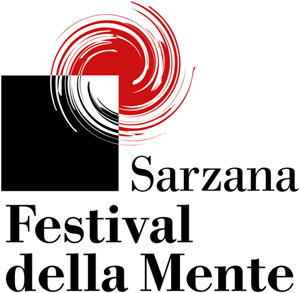2015 Programme
Event #11
Guido Barbujani
We're the Africans
They were once the sole inhabitants of Europe: Neanderthals, a type of hominid different from us both in physical appearance and culture, but who, like us, would hunt in groups and, while not shying away from violence, is known to have cared for its disabled members. Today only we are left. How this happened – why, sixty thousand years ago, a group of humans came out of Africa, leading to what would soon be the extinction of all pre-existing human life-forms – is still something we aren't able to explain with certainty. We can, however, find some answers by studying our human genome; perhaps also understanding that, while each of us is different, our species – so mobile, and with such a tendency towards migration and exchange – never came to develop the different groups of biologically homogeneous individuals that in other species are known as races.
has worked at the State University of New York in Stony Brook, at the universities of London, Padova and Bologna, and has taught Genetics at the Università di Ferrara since 1996. He studies human biodiversity and ancient DNA. He is a contributor to Sole 24 Ore. He has published novels, which include Dilettanti (Marsilio, 1993), Dopoguerra (Sironi, 2002), Questioni di razza (Mondadori, 2006), and scientific essays, such as L’invenzione delle razze (Bompiani, 2006), Sono razzista, ma sto cercando di smettere (with P. Cheli, ≪i Libri del Festival della Mente≫, Laterza,2008), Europei senza se e senza ma (Bompiani, 2008). His latest book is called Lascia stare i santi. Una storia di reliquie e di scienziati (Einaudi, 2014).
Event #6
Alessandro Barbero
The historian's responsibility. Gaetano Salvemini: from Socialist interventionism to anti-Fascism

Event #8Approfonditamente
Marco Rossi-Doria, Giulia Tosoni
Kids and school: what, how and where are they learning

Event #13Approfonditamente
Adolfo Ceretti, Simonetta Agnello Hornby, Alfredo Verde
Gender-based violence: Perpetrators, victims and models of intervention.

Event #22
Alessandro Barbero
The historian’s responsibility. Marc Bloch: from the Sorbonne to the Gestapo prisons

Event #25Approfonditamente
Marco Belpoliti, Gianfranco Marrone, Anna Stefi
Laziness, fatigue, and our constant running

Event #26
Eugenio Borgna, Simonetta Fiori
Knowing ourselves and knowing others: a different way of being responsible

Event #35
James R. Flynn, Armando Massarenti
Without an alibi: a voyage across life’s greatest questions

Event #38
Alessandro Barbero
The historian’s responsibility. Ernst Kantorowicz: from the Freikorps to McCarthyism

Event #57Children / Kids
Sante Bandirali e Lorenza Pozzi di uovonero
Read like you’ve never read before






















